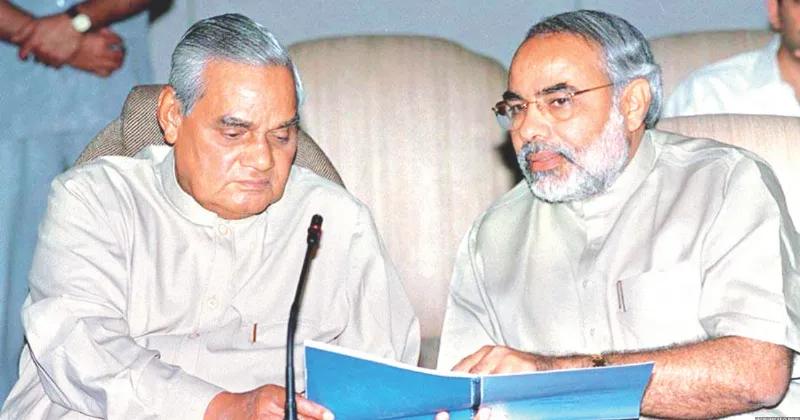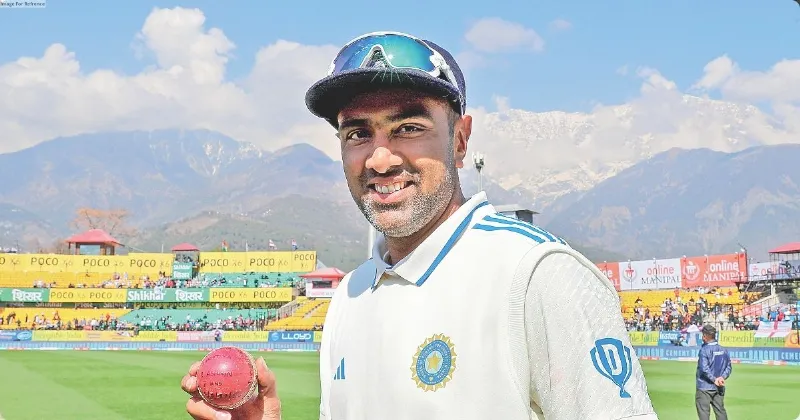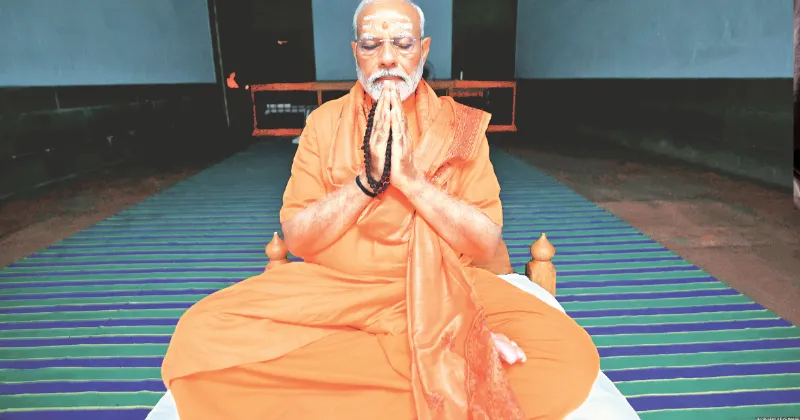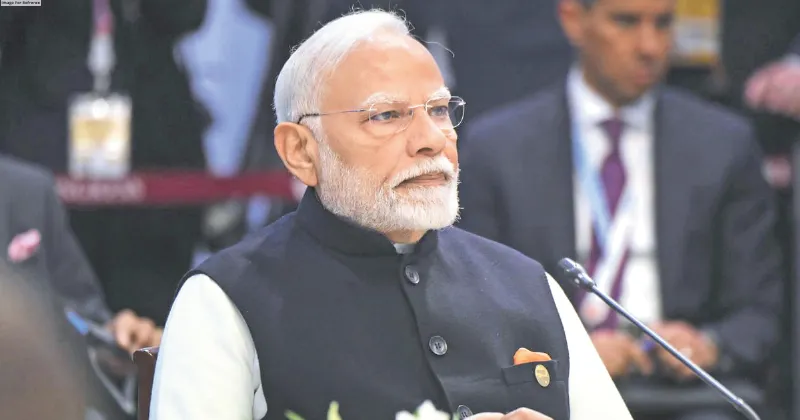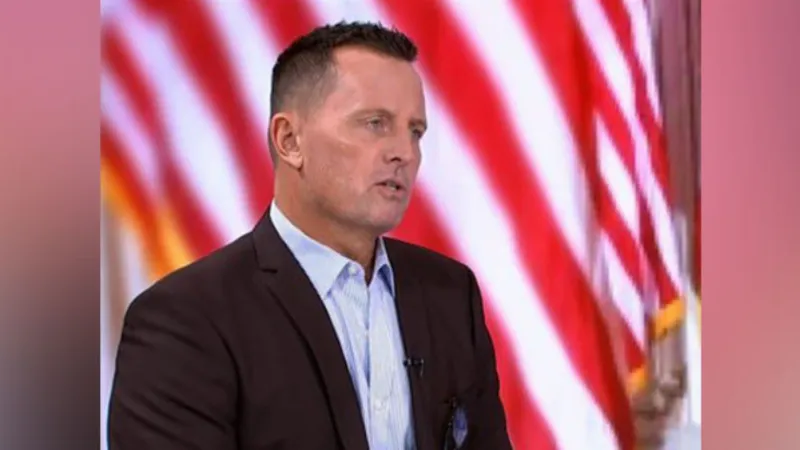Latest News
HOW DO OLYMPIANS DEAL WITH DISAPPOINTMENT?

Australia’s soccer team entered Paris with high hopes of notching their first Olympic medal but those aspirations came crashing down with defeat to the United States.
Even without star striker Sam Kerr, the Matildas – who enjoyed a famous run to finish fourth at the 2023 FIFA World Cup – were considered medal fancies but couldn’t progress past the group stage.
It was a devastating loss – but how do these athletes (and others who don’t achieve their goals in Paris) rebound from the disappointment?
THE PRESSURE OF PERFORMING
Every four years, billions of viewers around the world unite in awe of the skill and perseverance of Olympians and Paralympians.
The athletes fortunate enough to compete in Paris 2024 will have done their best to put years of dedicated preparation into their performances.
Many will have performed well and some achieved their goal of claiming a medal. Others, though, will finish the games with the feeling they did not fully realise their potential when it counted most.
This leaves many athletes finishing the games with crushing disappointment.
Famously, legendary swimmer (and now retired) Cate Campbell experienced this after her results at the Rio Olympics, which led to awful abuse and harassment from a portion of the Australian public.
Research has shown that many athletes report lower wellbeing after returning from the Olympics, including a sense of loneliness, disappointment, and lack of direction.
One of the reasons Olympic disappointment is so difficult is the deep ways in which an athlete’s identity gets wrapped up in their performance.
That is, after years of being seen as “an athlete”, many begin to feel who they are as a person is dependent on how they perform.
ATHLETE MENTAL HEALTH AND THE ROLE OF SELF-CRITICISM
The mental health challenges faced by many athletes are now well recognised. Research here in Australia has found elite athletes show rates of mental illhealth at similar, if not greater, numbers than the general public. Major performance disappointments are well known contributors to this.
Perhaps adding salt to the wound, one of the ways that elite athletes deal with disappointment is through self-criticism. This can include hostile ways of relating to oneself, which can lead to feelings of worthlessness and inferiority.
Being self-critical is seen in many pursuits as the only way to get ahead, in an attempt to remove weakness and demand self-improvement.
However, research repeatedly shows that most forms of self-criticism are associated with symptoms of mental ill-health. Moreover, harsh forms of internal judgement are far less effective at motivating growth and development than we might think. Athletes, like the rest of us, need to find another way to handle the inevitable setbacks and disappointments as they arise.
A ROLE FOR COMPASSION
A growing body of research and practice has suggested self-compassion might fit the bill.
Compassion can be defined as the sensitivity to suffering in self and others, with a commitment to try to reduce or prevent the suffering.
It can be directed to others, received from others, or directed internally (selfcompassion).
For an athlete experiencing post-Olympic distress, showing self-compassion involves turning towards that distress rather than avoiding, judging, or criticising, and then identifying what they need to address it.
This is harder than it may seem.
One of the reasons selfcompassion is so difficult is because it goes against many of the ways in which we have learned to selfmotivate. Indeed, many athletes will report a common worry: that being selfcompassionate might lower their standards.
That’s just not the case. Research has shown selfcompassion can motivate self-improvement and athletes with higher levels of self-compassion show positive performance outcomes in sport. This is in contrast to self-criticism.
Research has also shown athletes who engage in more self-compassion tend to report a range of benefits including better mental health, and more helpful responses to disappointment.
For this reason, there is a growing focus within clinical and sport psychology to help develop self-compassion among athletes as a resource for resilience.
SOURCE: THE CONVERSATION
Christopher Mesagno The writer is a Senior Lecturer Institute for Health and Sport, Victoria University & Courtney C Walton The writer is Psychologist, Melbourne School of Psychological Sciences, The University of Melbourne



